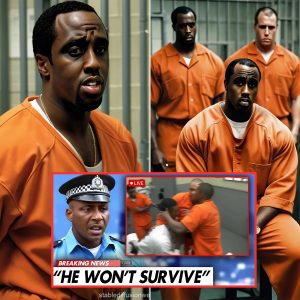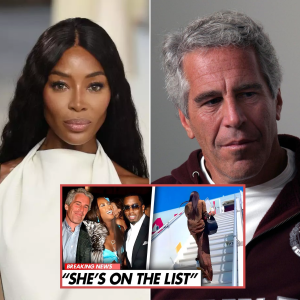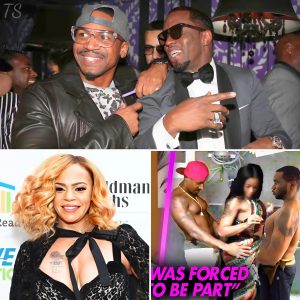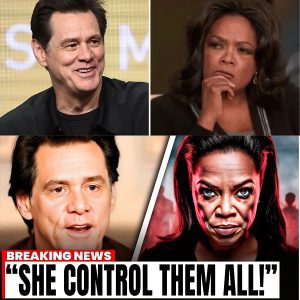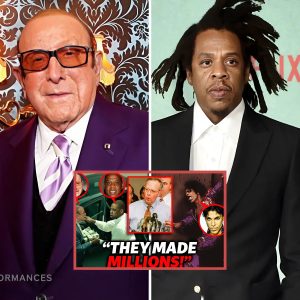The recent allegations against Diddy have stirred up a significant conversation in the entertainment industry, revealing a complex web of relationships, silence, and complicity among various public figures. Many individuals who are now coming forward to reveal the alleged monstrous behavior of Diddy were notably quiet during the time they benefited from their associations with him. This dichotomy raises serious questions about the motives behind their newfound willingness to speak out. Critics argue that their previous silence was a calculated decision, one that allowed them to enjoy the perks of being connected to a powerful figure without addressing the darker aspects of his behavior. The essence of their statements now seems laced with hypocrisy, as they are quick to condemn actions that they were once comfortable with.
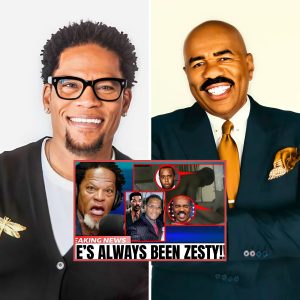
One notable figure in this unfolding narrative is Steve Harvey, a long-time television host and comedian who has spent over two decades gracing the screens of millions. Harvey’s connection to Diddy, which includes personal friendships and a shared social scene, places him in a precarious position amid the rising backlash against the influential rapper. In an unexpected twist, Harvey recently removed a tweet from 2017 where he praised Diddy for his philanthropic efforts towards youth initiatives. This action comes as many celebrities, including Usher and Megan Fox, begin to distance themselves from Diddy in the wake of serious legal troubles, including allegations of sexual assault and racketeering.
In an appearance on Big Boy’s radio show, comedian DL Hughley took to humor to address the allegations against Diddy. However, he also subtly hinted at Harvey’s potential involvement in the controversial social circles surrounding Diddy. As Hughley made jokes about Diddy’s dramatic fall from grace — noting that he seemingly went from a private jet to a bike — he highlighted a universal sentiment of schadenfreude that many in the entertainment community appear to share. The camaraderie of comedians and their ability to poke fun at each other in tough times can often mask deeper issues, such as accountability and moral responsibility.
Hughley’s comments also tapped into a larger cultural reflection regarding the behavior of public figures in the entertainment industry; there seems to be a rapid shift from affection to scrutiny when it comes to celebrities entangled in scandal. The past friendships are now viewed through a lens of skepticism, with heavy implications for everyone previously associated with Diddy. The humor aimed at Diddy also serves to underline the tension within the comedy community, where friendships may be overshadowed by public perception and the weight of allegations against someone like Diddy.
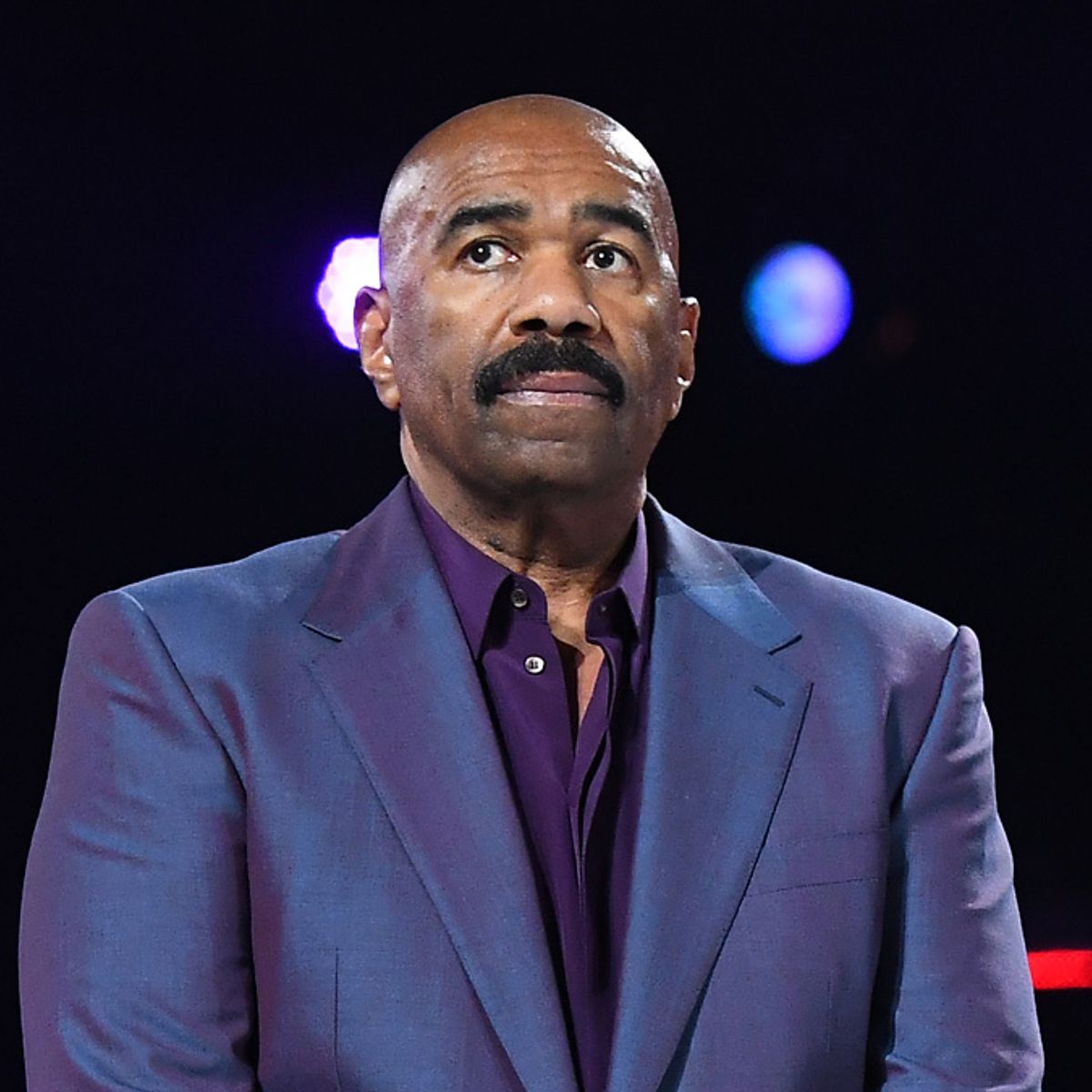
Moreover, the allegations against Diddy carry sobering consequences, not just for him but also for those connected to him. Diddy faces serious charges that could result in substantial prison time, and there is a potential for guilt by association for his friends and allies. The fallout is evident as allegations continue to emerge, suggesting a history of manipulative behavior, which many are now scrutinizing more closely. Those who once thrived in the limelight of parties associated with Diddy are now confronted with the reality of public disfavor.
As the depth of Diddy’s alleged misconduct continues to unfold, the implications for his acquaintances, such as Harvey, are significant. In a world where social media shines a light on every facet of a celebrity’s life, the need for self-preservation becomes paramount. The swift actions taken by celebrities to erase or modify their past connections with Diddy indicate a pronounced shift in public relations strategy, as individuals aspire to maintain their credibility amidst allegations that threaten to alter their careers drastically.
The overarching theme in this narrative centers on the inherent contradictions in the entertainment industry, where personal relationships often blur ethical lines. This situation acts as a catalyst for discussions about accountability, integrity, and the necessity for industry insiders to reclaim their moral standing, especially in the aftermath of serious allegations. The call for transparency amidst a backdrop of distrust highlights a changing landscape, urging public figures to re-evaluate their connections with individuals whose actions reflect poorly on their character. As this story continues to develop, the fallout from Diddy’s scandal will likely create ripples that extend far beyond his immediate circle, prompting a collective reassessment of celebrity culture and its responsibilities.
